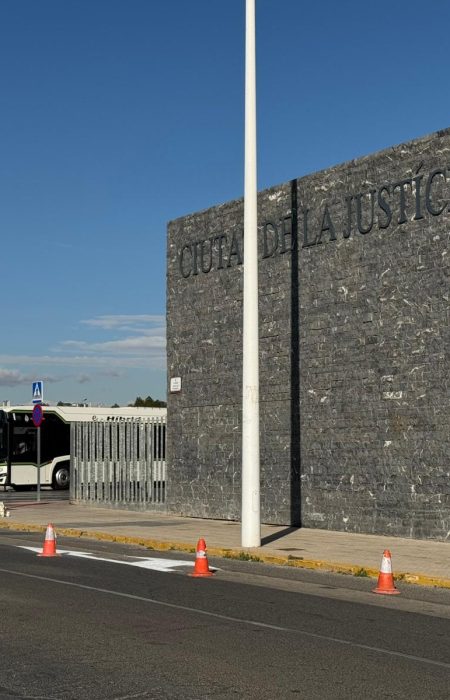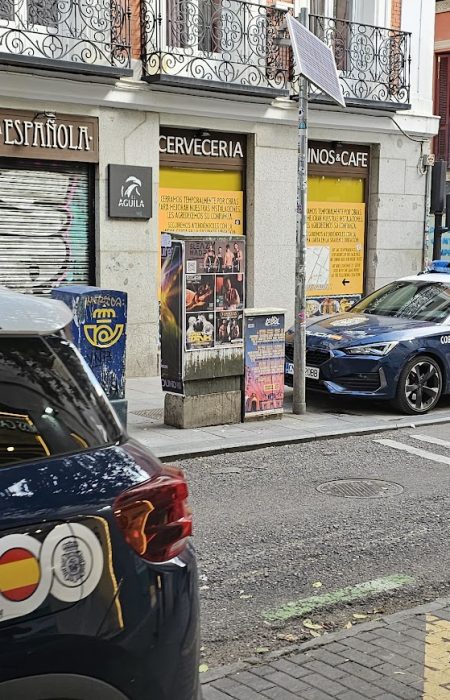Imagine going straight from the landing gear to the hotel room with the keys? You wouldn’t have to go through reception. Getting into places of business with nothing but our face or fingerprint as proof of identity? Or being able to plan our trip to a foreign city’s best deals long before we even get there.
This is some of the benefits that the future European digital identity will have. It was shown to leading experts at a conference in Madrid a few weeks ago, and the tourist authority in Benidorm will accept it. Go to Benidorm, which is the European Digital Wallet.
Fabián Torres, who is in charge of business growth at the Swiss tech company SICPA, told Hoy por Hoy Alicante that this revolution in technology and safety will happen before the end of 2026.
Since the idea for the project came up two years ago, 70 public and private organisations have been working on it together. He says that the final product will replace all of our personal wallets with a single digital wallet.
The most important thing is that it will protect our safety, privacy, and closeness. Secondly, all the information we store will help us become more like European citizens, allowing us to travel around Europe with digital credentials and enjoy all the benefits, which is something we can’t do now or finds it hard to do.
Torres says that safety is the most important thing, especially when it comes to protecting our privacy. But we also need to start making a real one-stop shop for Europe. “We are going to become our own one-stop shop for procedures.”
A test pilot
A pilot for hotel check-in is already being made, and it will be tested in Benidorm because it has all the hotel chains. This way, the test can be the same all over Europe, and hotels will be able to get guests checked in quickly, especially since new rules went into effect in December for guest registration.
Several tests have already been done in this first quarter, and in Benidorm, fingerprints and faces will be used along with other very safe biometrics. To stop identity theft, he says, “we already have many tools.” This is because this kind of technology is built on sharing information. “My identity will reside on my mobile phone and this will ensure that my identity does not circulate on the Internet.”
In short, to store all kinds of papers digitally in one place, including those related to work, school, health, banking, fun, travel, and other things.
This expert says that our computers will be safe enough because that wallet will have extra security built in. In this field, there are two models: one with controls, like China, and one without controls, like the US, where not even an ID is required. However, “Europe wants to be in the first division of the future with the digitalisation revolution ahead,” he adds.









No Comment! Be the first one.